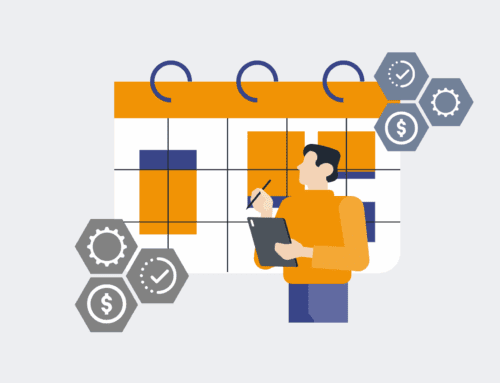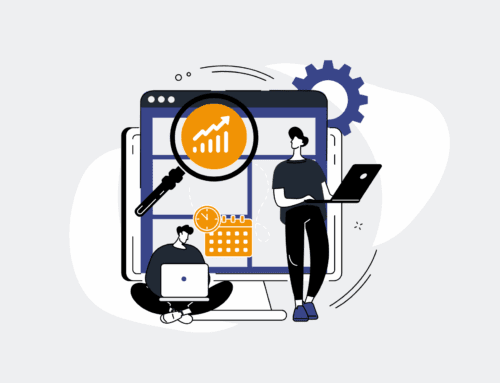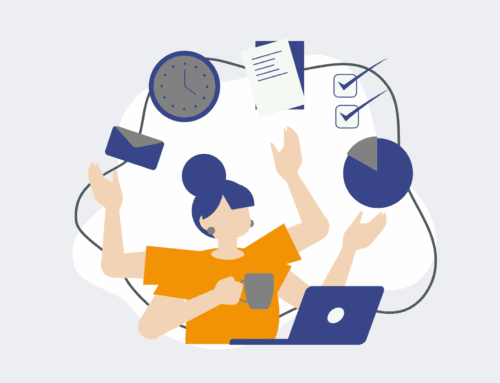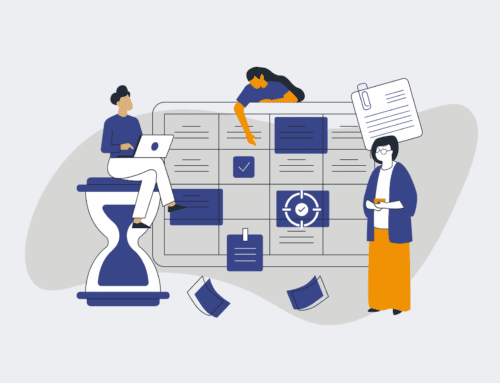Beyond the Welcome Packet: Best Practices for AI-Enhanced Orientation Programs That Drive Engagement
The first impression a new hire receives sets the tone for their entire journey with your organization. Historically, orientation programs have been a necessary, yet often underwhelming, administrative hurdle—a torrent of paperwork, policy lectures, and generic introductions. In today’s dynamic talent landscape, where engagement and retention are paramount, this traditional approach simply doesn’t suffice. Forward-thinking organizations are recognizing the transformative potential of artificial intelligence to elevate orientation from a mere formality to a strategic advantage, fostering deep engagement from day one.
At 4Spot Consulting, we observe that many businesses, despite their best intentions, struggle to deliver a truly personalized and impactful welcome. This often leads to disengaged new hires, longer ramp-up times, and ultimately, higher attrition rates. The challenge lies in scaling personalization without overburdening HR teams. This is precisely where a well-implemented AI strategy can revolutionize the experience.
The Imperative for a Smarter Welcome: Why AI in Orientation?
Traditional orientation programs frequently suffer from a “one-size-fits-all” mentality. New hires, whether they’re seasoned executives or entry-level specialists, often endure the same generic content, much of which may not be immediately relevant to their role or department. This information overload can lead to quick disengagement, a sense of being just another number, and a failure to internalize crucial information. High-value employees spend precious early days grappling with administrative minutiae rather than immersing themselves in their roles.
AI offers a powerful antidote to these challenges. By leveraging machine learning and natural language processing, AI can transform a static, generic process into a dynamic, hyper-personalized, and highly efficient experience. This isn’t about replacing human connection; it’s about amplifying it by automating the mundane and intelligent tailoring the meaningful. The goal is to create an environment where new hires feel understood, valued, and immediately empowered to contribute, drastically reducing the low-value work that burdens HR and new hires alike.
Strategic Pillars of AI-Enhanced Orientation
Personalization at Scale: Tailored Journeys
Imagine an orientation program that adapts itself to each individual. AI can analyze a new hire’s role, department, prior experience, and even expressed learning preferences to curate a personalized onboarding pathway. This includes recommending specific training modules, internal resources, key contacts, and even relevant company history or success stories. Instead of a blanket approach, AI ensures that new hires receive the information they need, when they need it, in a format that resonates with their learning style. This level of customization dramatically boosts engagement and accelerates time-to-productivity, making the experience relevant from the very first login.
Automating the Administrative Burden: Freeing Up HR
One of the most significant benefits of AI in orientation is its capacity to automate time-consuming administrative tasks. From pre-populating paperwork and scheduling initial meetings with key stakeholders to answering frequently asked questions through an intelligent chatbot, AI streamlines the entire administrative process. This not only reduces the likelihood of human error but also frees up HR professionals and hiring managers to focus on high-value activities—like one-on-one mentorship, cultural integration, and strategic planning—rather than repetitive data entry or answering common queries. This aligns perfectly with 4Spot Consulting’s mission to eliminate low-value work from high-value employees.
Intelligent Mentorship and Peer Connection
Successful integration often hinges on building strong internal networks. AI can facilitate this by intelligently matching new hires with mentors, buddies, or peer groups based on shared interests, skills, or even personality traits derived from initial assessments. Beyond matching, AI can also prompt meaningful interactions, suggest conversation starters, or even recommend internal events where new hires can connect with colleagues. This proactive approach to fostering human connection ensures that new hires feel supported and integrated into the company culture from an early stage, combating feelings of isolation common in remote or hybrid setups.
Continuous Feedback and Iterative Improvement
An AI-enhanced orientation program isn’t just about the initial welcome; it’s about continuous improvement. AI tools can collect and analyze real-time feedback from new hires, track engagement with content, and identify areas where the program might be falling short. Through sentiment analysis and predictive analytics, organizations can gain invaluable insights into the effectiveness of their orientation modules, identify common pain points, and iterate rapidly. This data-driven approach ensures that the orientation program evolves, remaining relevant and impactful for every incoming cohort, constantly optimizing for better outcomes and higher retention.
Implementing AI: A Strategic Approach, Not a Tech Gimmick
Embracing AI in orientation isn’t about throwing technology at a problem; it’s about strategic integration. For organizations considering this transformative step, a clear understanding of current inefficiencies and desired outcomes is crucial. At 4Spot Consulting, our OpsMap™ framework begins with a strategic audit to uncover precisely where AI can deliver the most significant ROI – whether it’s automating administrative workflows, personalizing learning paths, or enhancing peer connectivity. We focus on building systems that don’t just incorporate AI but integrate it seamlessly into your existing HR tech stack, ensuring every solution is tied directly to measurable business outcomes like reduced operational costs and increased scalability.
The Future is Engaged: What Next?
The future of new hire orientation is intelligent, personalized, and deeply engaging. By leveraging AI, organizations can move beyond archaic processes, reduce the administrative burden on HR, and empower new hires to thrive from their very first day. The result is a more productive, more loyal, and more satisfied workforce—a true competitive advantage in today’s talent marketplace. If your organization is ready to redefine its new hire experience and discover how strategic AI implementation can save you time and drive engagement, the conversation starts with understanding your unique operational landscape.
If you would like to read more, we recommend this article: The Intelligent Onboarding Revolution: How AI Drives HR Excellence and New-Hire Success









